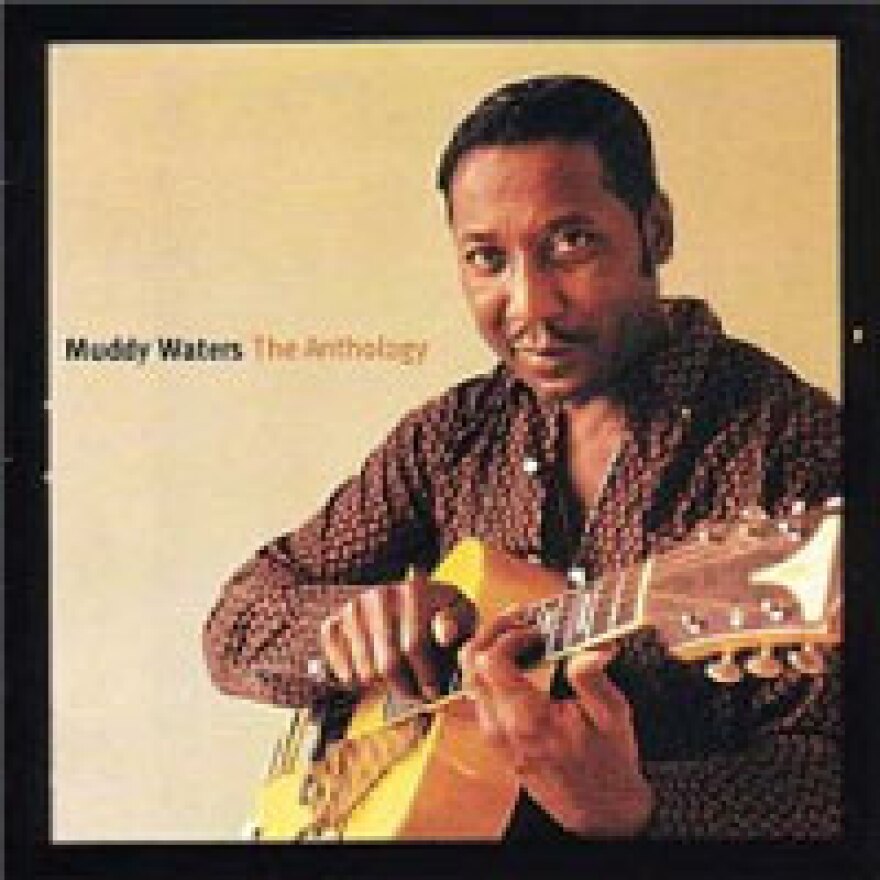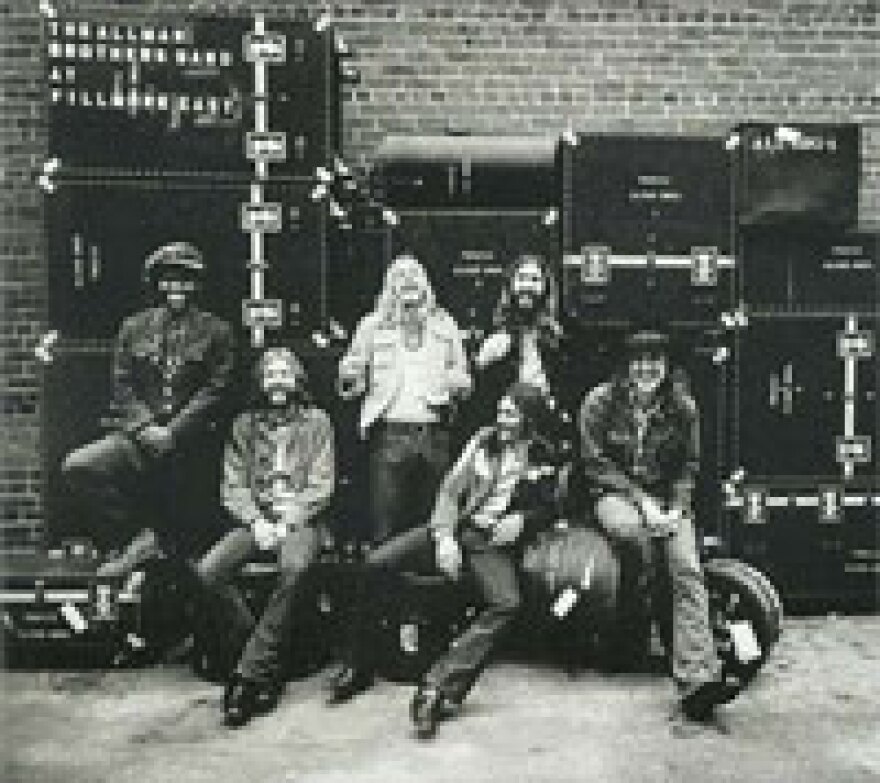In American music, slide guitar (also known as bottleneck guitar) is a technique employed primarily by blues guitarists. It involves the use of a smooth cylinder that can fit over a player's finger, which is then moved up and down the neck of the guitar, raising and lowering the pitch of the strings without ever putting the strings in contact with the fretboard.
Slide guitar was fairly common among the solo acoustic guitarists of the 1920s through the mid-'40s. In the late '40s, when blues guitarists in bands found that they had to resort to amplification to be heard in noisy Chicago dance halls, the technique became somewhat less prevalent. A resurgence of slide guitar occurred in the late 1960s, when many young blues-rock guitarists began employing the technique.
In the following list, you'll hear examples of slide guitar that range from 1927 to 2002. As always, in a list of only five songs, it's hard to choose whom to include and whom to leave out. So, as always, we encourage you to use this list as a springboard and a way to suggest more guitarists. If you like what you hear, be sure to seek out the delights of other great slide players, such as Willie McTell, Robert Johnson, Sylvester Weaver, Fred McDowell, Johnny Shines, Son House, Ry Cooder, Bob Brozman, Hound Dog Taylor, Taj Mahal, Lowell George, Keb' Mo', Sonny Landreth and Derek Trucks, to name just a few.
For more entries in the Take Five series, click here. And don't forget to subscribe to the Jazz Notes newsletter.
Copyright 2024 Jazz24. To see more, visit Jazz24.
Greasing Strings: Slide Guitar, Past And Present
Blind Willie Johnson

This was the first slide-guitar recording to officially reach outer space. Recorded in 1927, this unique treatment of the hymn "Dark Was the Night, Cold Was the Ground on Which Our Lord Was Laid" was one of the pieces of music included on the golden phonograph record blasted into space in 1977 aboard the Voyager spacecrafts. And, while outer space probably wasn't on Blind Willie Johnson's mind when he recorded the song, heaven most certainly was. Johnson is revered by blues guitarists, but he wasn't actually a blues player. He was a gospel player and — though blues and gospel are tightly interwoven — he never recorded a secular song. "Dark Was the Night" was one of his first recordings, and it's his masterpiece. It's also one of the most strangely beautiful songs ever recorded. With Johnson's almost abstract slide playing and wordless vocal accompaniment, this song seems to reach deep into the earth to reveal the heavens.
Muddy Waters

Muddy Waters' role in the evolution of the blues (and of slide guitar) can't be overstated. In the 1940s and '50s, all genres of popular American music experienced a shift of focus that pointed the music toward the future — toward most of the music we hear being recorded today. And each of those shifts was embodied by a particular artist. In country, it was Hank Williams. In rock, it was Elvis Presley. In jazz, it was Charlie Parker. And in blues, it was Muddy Waters. In a much-storied migration, Waters took the acoustic blues guitar music he'd learned on Stovall's Plantation in Mississippi, brought it to Chicago and plugged it into an amplifier. And you can call that "the birth of blues as we now know it." This song, recorded in 1948, was one of Waters' first releases, and the first in a long line of immortal songs recorded by this unparalleled singer and guitarist.
Elmore James

Although it was Muddy Waters who most famously got credit for amplifying the slide guitar, it was Elmore James who provided the most inspiration to the first generation of blues-rock slide-guitar players. The reason for this was two-fold: Not only was James a great slide-guitarist, but he was also a loud one. Waters might have plugged it in, but it was James who turned it way up. In fact, listening to many of James' recordings (including this selection) from the 1950s, it often seems that you're hearing guitar sounds that, before James laid them down, had never been heard before. Even though James died at age 45, his relatively small body of work had a huge impact, influencing everyone from The Rolling Stones' guitarist, Brian Jones, to Jimi Hendrix and Stevie Ray Vaughan.
Duane Allman of The Allman Brothers Band

Before Duane Allman died at the age of 24, he'd already established himself as the most inventive slide guitarist of his era. Although The Allman Brothers Band had recorded two albums prior to its double-live Fillmore East LP, this was the record that made the world sit up and take notice. The song that kicks off that LP, "Statesboro Blues," has become one of the band's signature songs and a blues-rock classic. However, the Allmans' version is a tribute to two earlier versions: the original 1928 acoustic recording by Blind Willie McTell and the first electric version done by Taj Mahal in 1968. It's a sound that Derek Trucks later used as the jumping-off point for his amazing and ongoing exploration of the slide guitar's possibilities.
Bonnie Raitt with Roy Rogers

When Bonnie Raitt decided she wanted to play slide guitar, she went directly to one of the instrument's sources: "Mississippi" Fred McDowell. She learned from a master and went on to become one of today's most exciting slide players. Her current sound, in fact, shares many qualities with that of Lowell George, founder of the group Little Feat and one of the most inventive slide players of the second half of the 20th century. On this track, though, we get two great contemporary slide players for the price of one. Raitt is joined here by fellow slide guitarist Roy Rogers, whose work with John Lee Hooker, in the latter part of Hooker's life, introduced that unique artist to a whole new audience. This song, with Raitt's down-and-dirty vocal performance and the obvious joy exhibited by these two fine players, is a funky joy.

